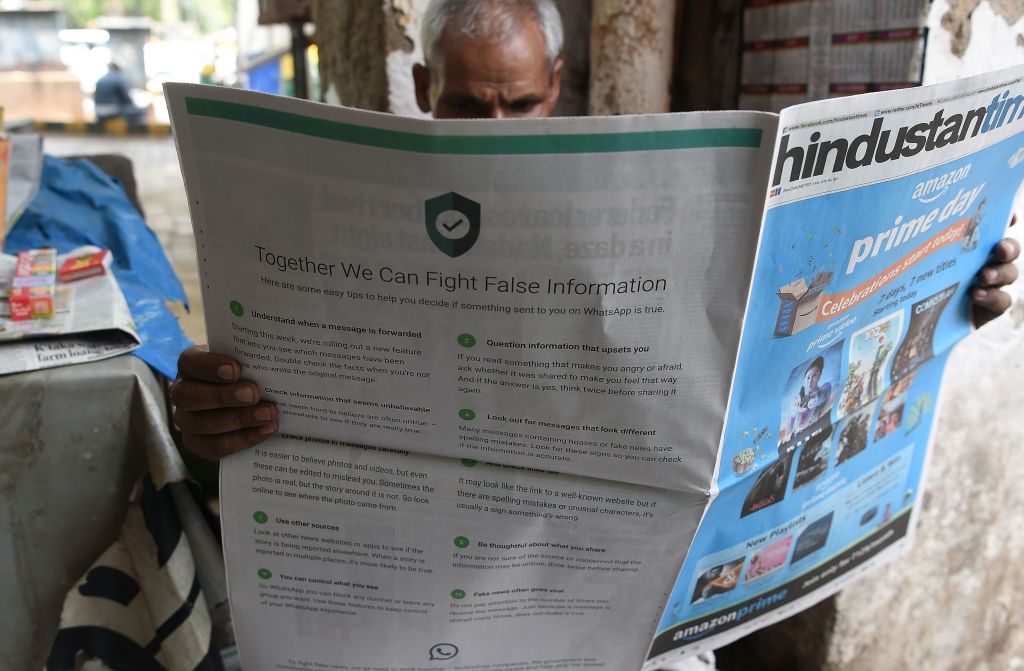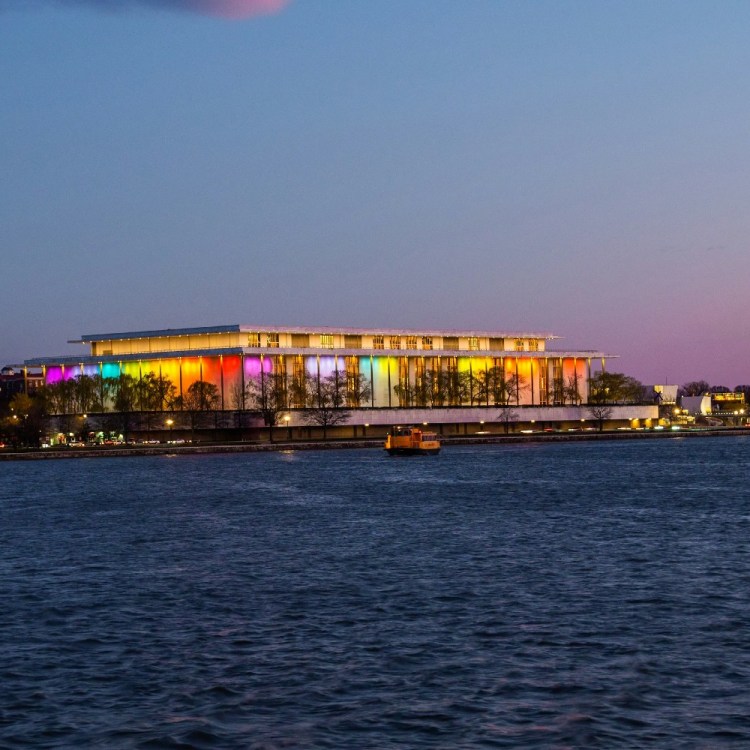The world’s largest democracy is cracking down on online hate and “fake news,” but the ramifications of its plans could affect free speech worldwide, Wired reports. The Indian government has yet to define the standards of what kinds of online content it would deem “unlawful” as well as the details of how it would exercise the control of the Internet to carry out its new plans.
The goal of newly proposed amendments to India’s Internet telecommunications legislation is to prevent the spread of misinformation and violence sparked by conspiracy theories—a real problem plaguing nations on every continent. But by putting more of the onus of liability for content on the Internet Service Providers (ISPs) and social media platforms like Facebook and YouTube, India could end up encouraging these tech firms to increasingly censor user content everywhere. The country is also proposing that messaging services like WhatsApp and Viber decrypt their private, secure data for government use, which could threaten the privacy of communications from citizens around the world.
The new rules would threaten “numerous fundamental rights and freedoms guaranteed by the Indian constitution,” Amba Kak, a policy adviser for the non-profit tech firm Mozilla, wrote in a January 2 post. “Whittling down intermediary liability protections and undermining end-to-end encryption are blunt and disproportionate tools that fail to strike the right balance.”
Thanks for reading InsideHook. Sign up for our daily newsletter and be in the know.

















